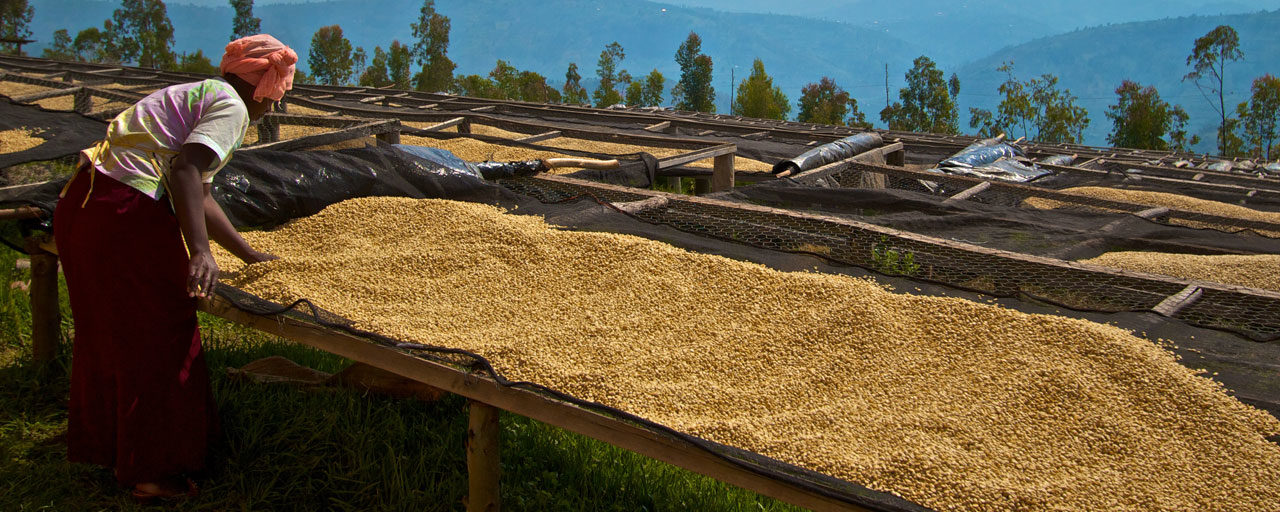Written by Alyssa Wright
In 2005, Philanthropist Charlotte Wagner had a vision as she established her family's foundation in Boston, Massachusetts. Wagner Foundation would work to build just and robust community across the globe by way of engaging with organizations that focussed on improving health equity, increasing economic mobility, expanding institutional fairness, and striving for cultural transformation. After spending the first few years focused on local organizations, the foundation expanded its lens outside of the U.S. Wagner chose first to get out in the field, traveling to listen and learn in countries she had never before visited. Her focus in the early days? Improving health equity and ensuring healthcare for all.
"We started with a vision to improve health care yet as we traveled and really connected with communities at the grassroots, we realized that there were complex dynamics that led to health care being inaccessible."
Complex dynamics were what led Wagner to see the role that underlying, harmful social norms played in ensuring her funding focus, accessible, quality health care, could truly be achieved. "Some may look at our foundation now and say that we became broad and general after those travels but in many ways, we are finally impacting the focus area we began with. We learned that it would become important for us to take an expansive view if we really sought to have lasting philanthropic impact. The most innovative thing we thought we could do was seek to invest holistically, eradicating harmful social norms and setting ourselves up to be funders that make a difference. We would make this difference by having honest conversations with partners and choosing to invest in the overall wellbeing of a community, not just a set of outcomes related to health."
Wagner's approach has taken on a framework over the years, now referenced within the organization as 'Do, Learn, Share'. This framework has given their grantee partners the chance to establish best practices for long term impact and not just the ability to execute programs that deliver a set of targeted outcomes. Wagner Foundation's Program Director, Caroline Hart, points out a difference here. "We want our resources to be used well, to make a lasting impact. And true impact takes time and consistency. The 'Learn and Share' aspect of what we do ensures that our initial investment leads to the establishment of best practices and further encourages collaboration amongst NGOs. Encouraging collaboration is deeply important to us and a great, somewhat unexpected, impact of our approach to philanthropy."
One grantee of the Wagner Foundation, Root Capital, has benefitted immensely from their partnership. As one of the first organizations to recognize the impact potential of small and growing agricultural enterprises—like coffee cooperatives or farmer associations—that connect farmers in Latin America, Africa, and Asia to global markets, Root Capital pioneered a credit-plus-capacity model that pairs lending with essential skills-building to support the growth of these businesses. In the process, they have improved incomes and opportunities for more than 5.9 million people—all in the world's most remote, marginalized communities.

Root Capital seeks to improve the lives of rural farmers by connecting them with the formal economy. Root Capital invests in the growth of agricultural enterprises so they can transform rural communities.

